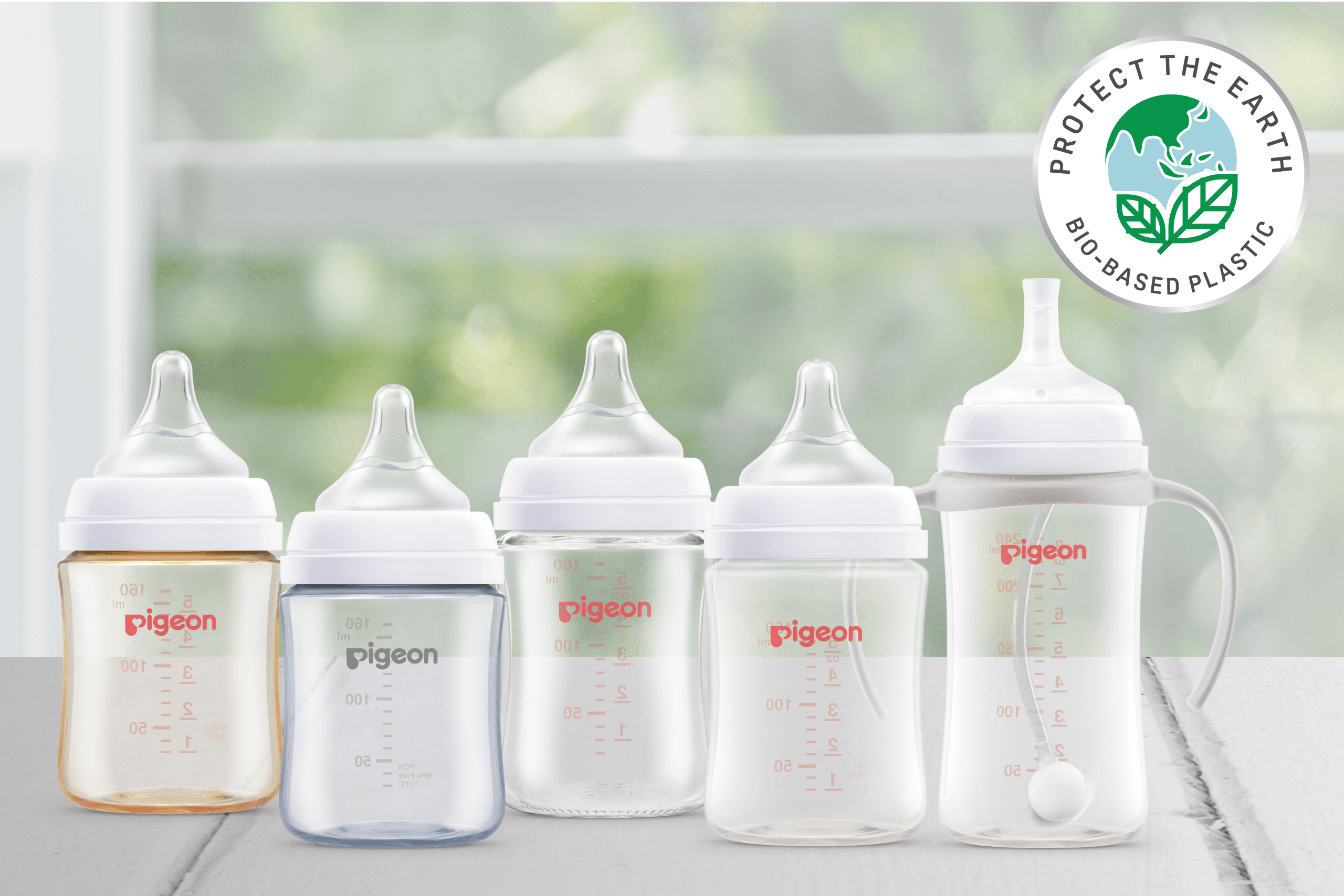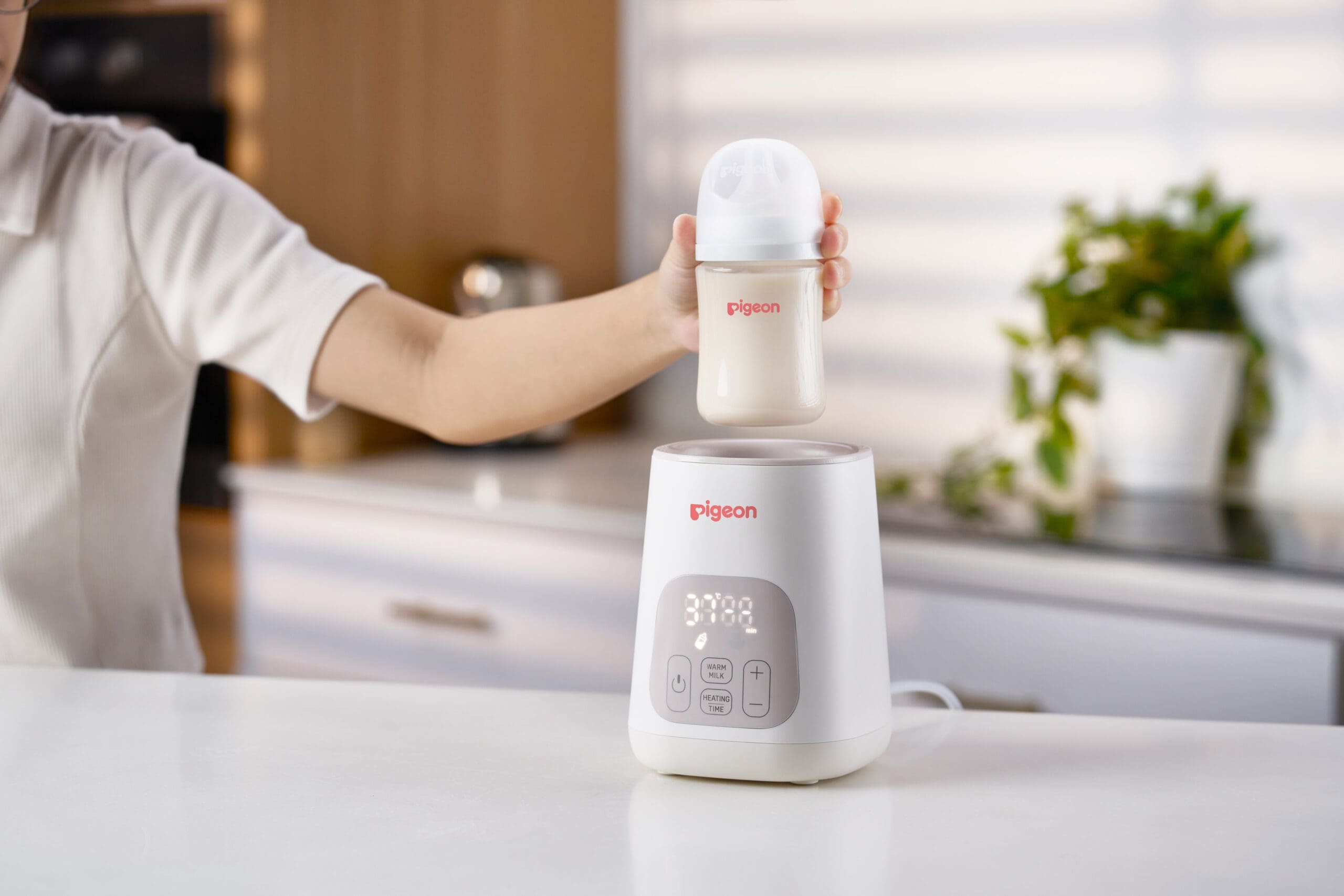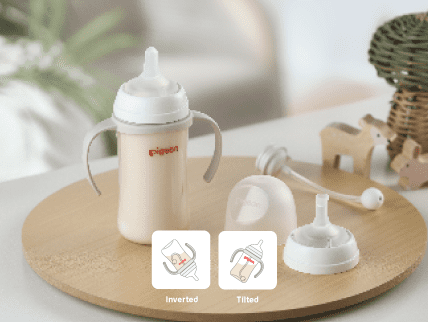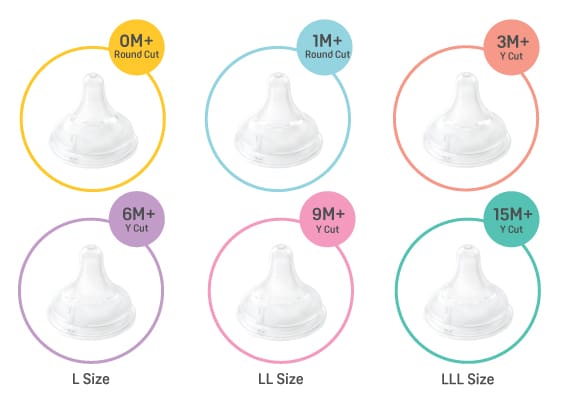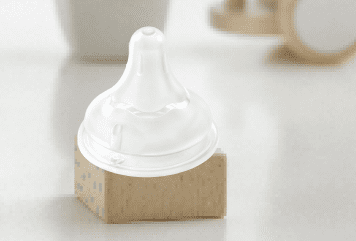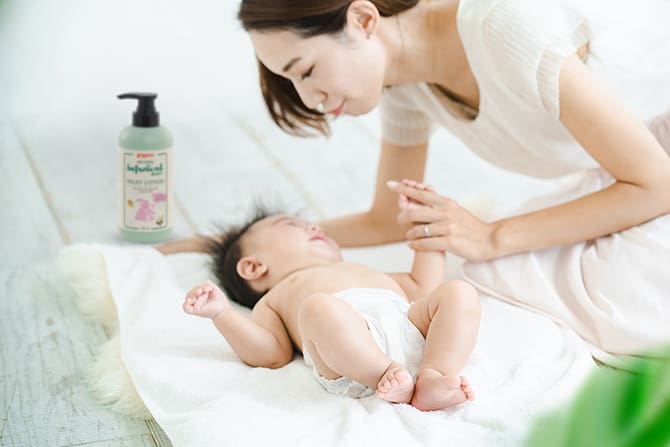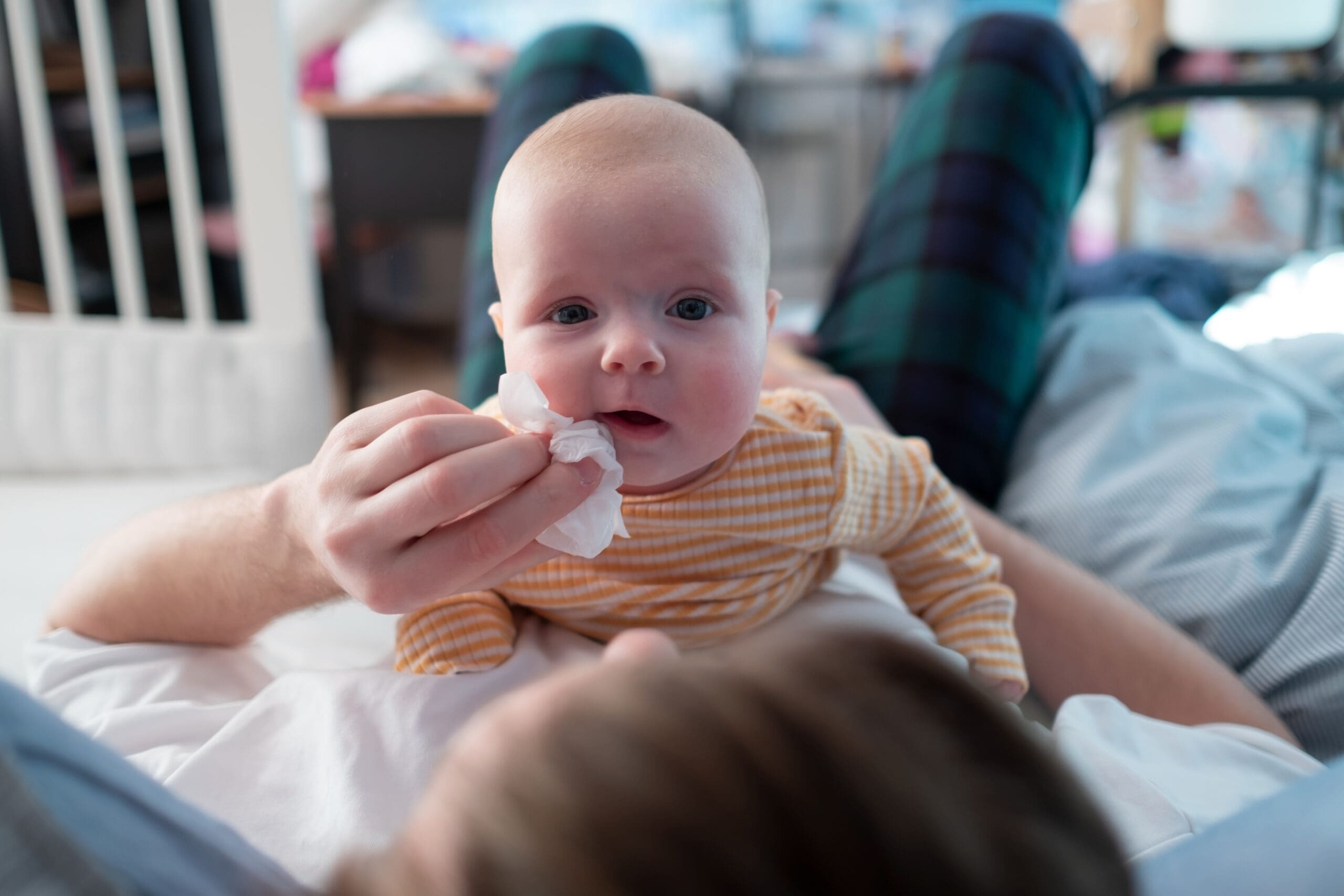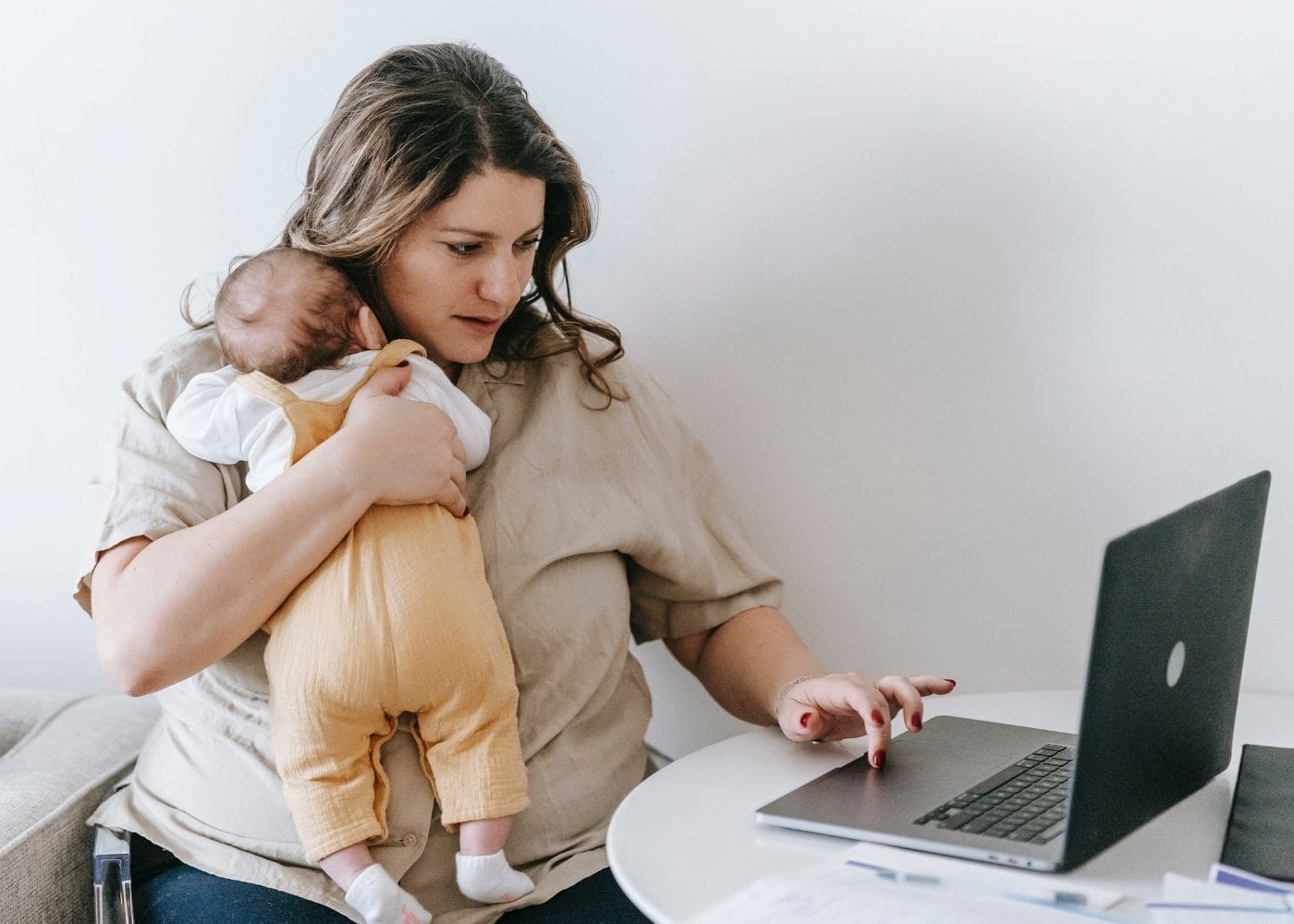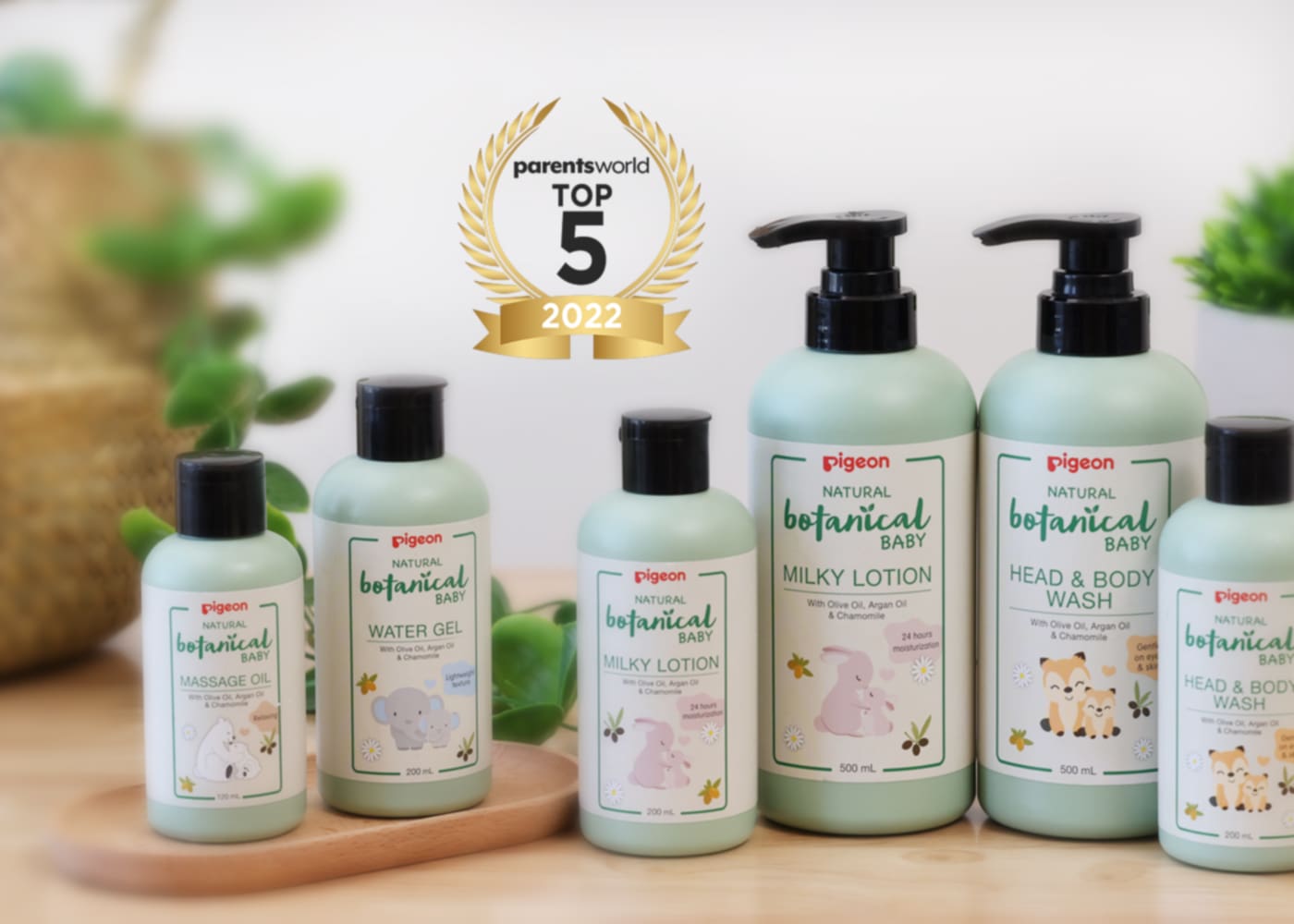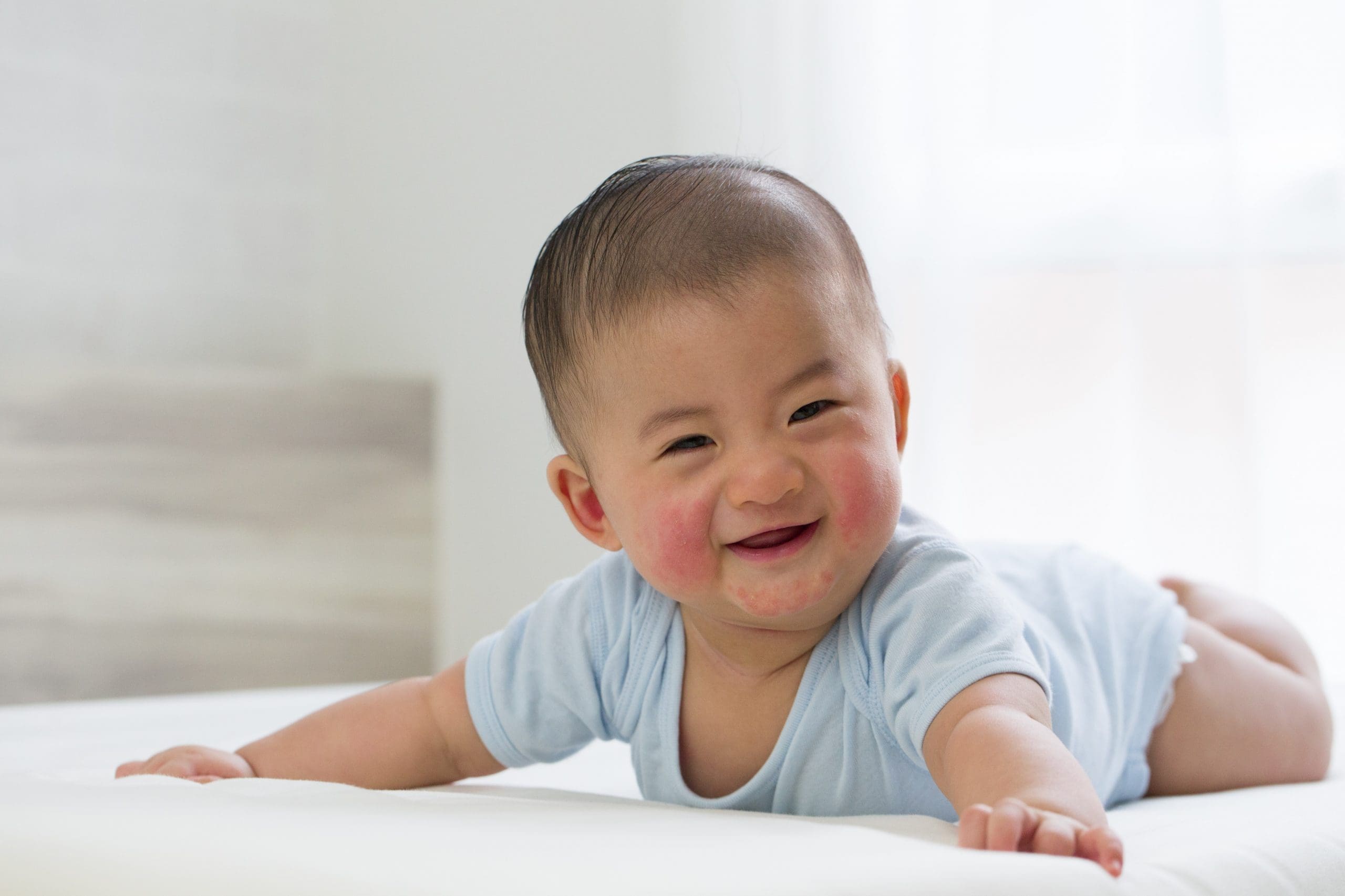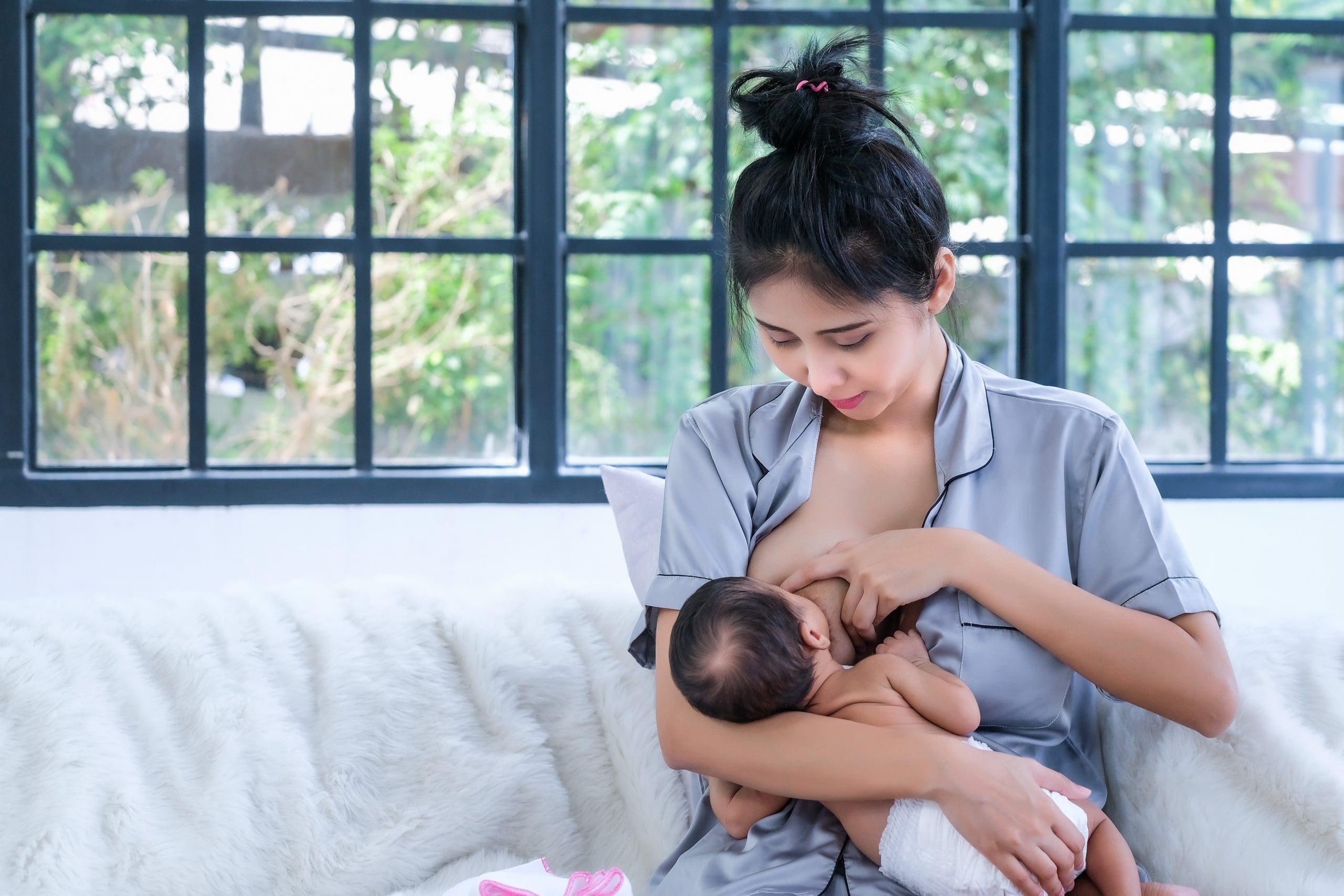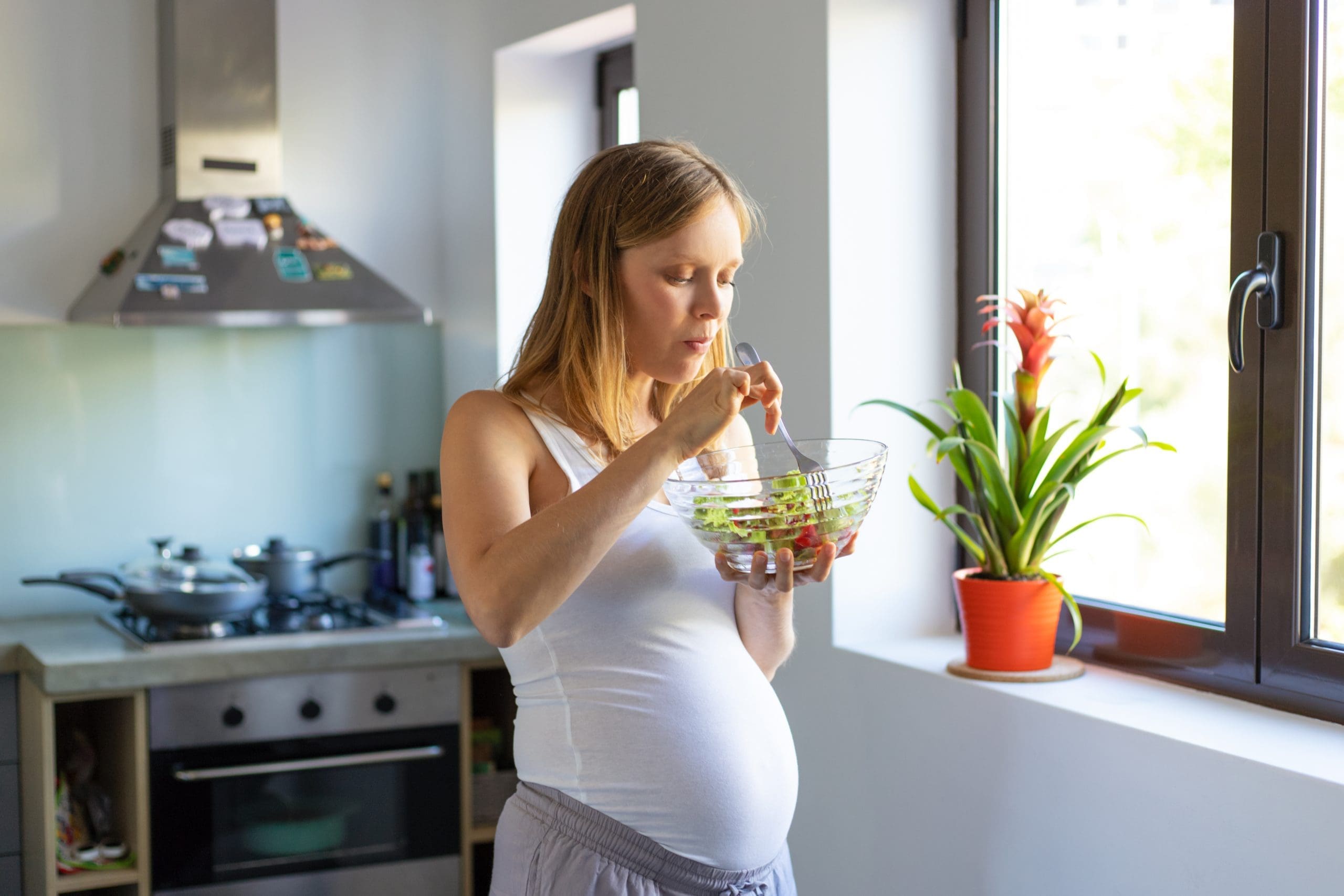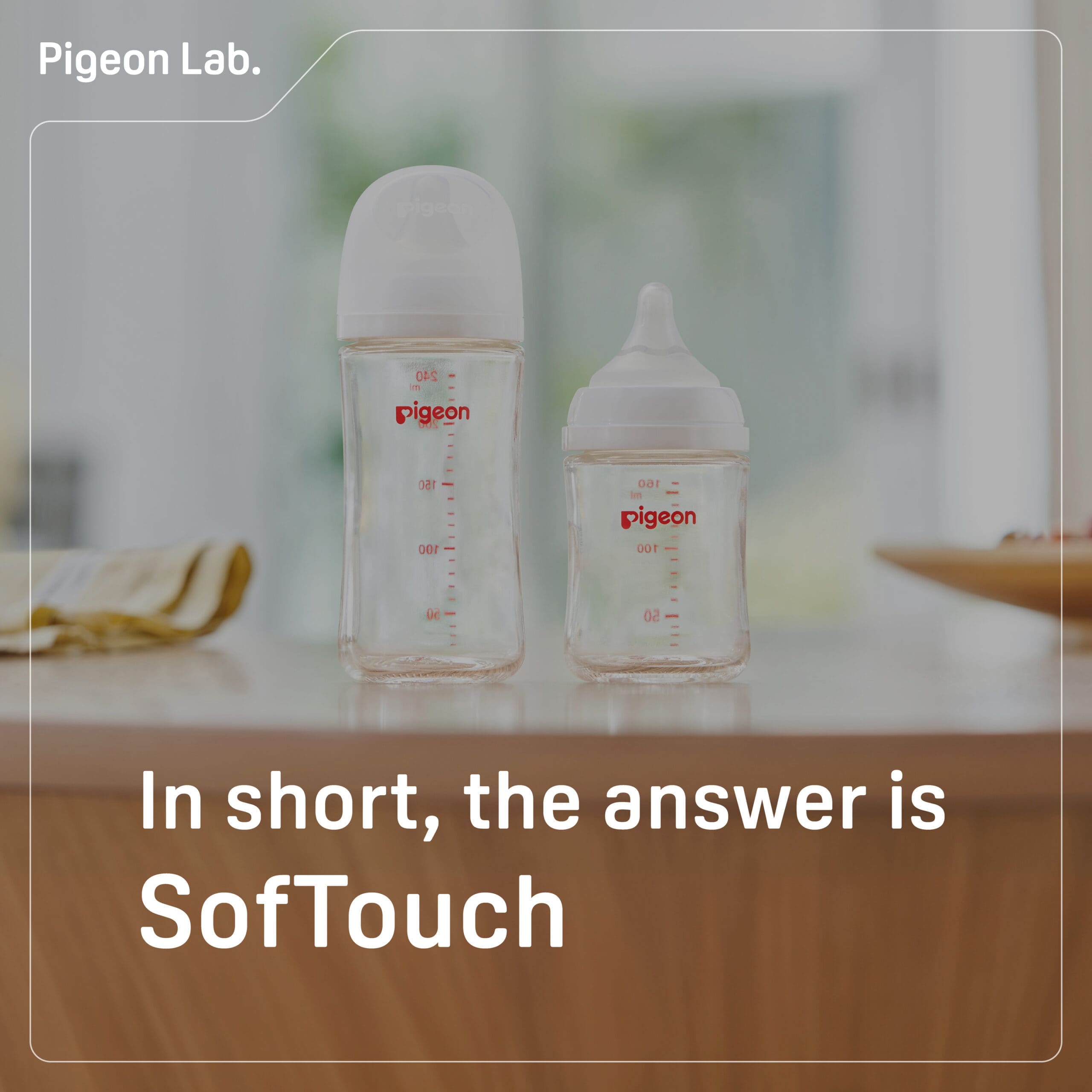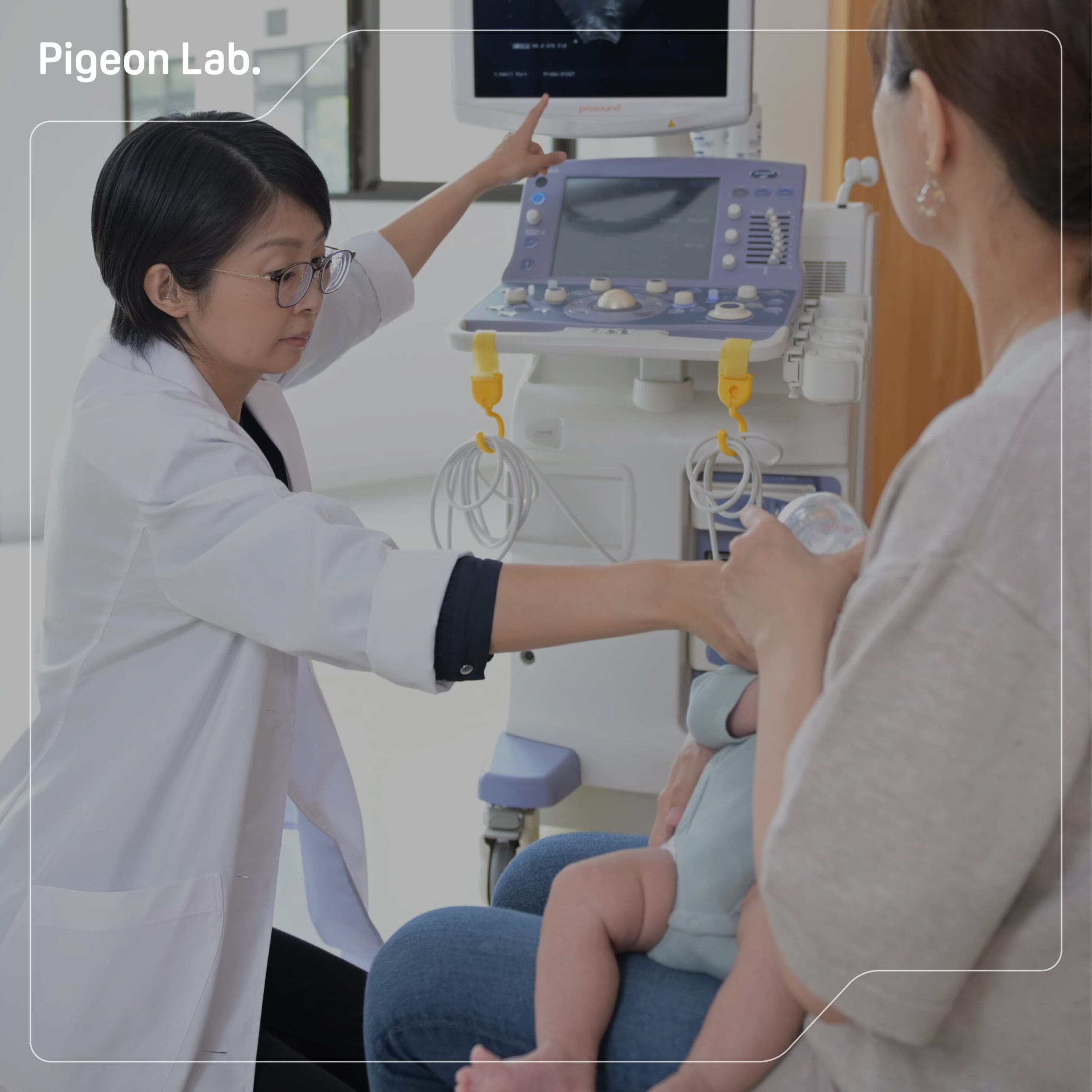How To Deal With Postpartum Depression
Is it just the baby blues? In this article, we tackle the topic of postpartum depression in women and where you can find support.
What is a postpartum depression?
According to the Seleni Institute, nearly 80% of women will experience the “baby blues” after giving birth, which is typically characterised by rapidly changing moods, weepiness, and a general feeling of being overwhelmed. As a result of fluctuating hormone levels, it can have a serious impact on a woman’s moods and emotions. If these feelings persist longer than two to three weeks following delivery, you may have postpartum depression.
How common are postpartum mood disorders?
While many women tend to dismiss it as just another case of baby blues, it’s often more than that as it develops gradually. As a result, they don’t realise that they may have postpartum depression. In fact, it’s more common than you think – with KKH Women’s and Children’s Hospital reporting that the prevalence of postnatal depression is “as high as 1 in 12 women” in Singapore.
How do I get checked for postpartum mood disorder?
If you think that you may have postpartum depression or other mood disorders, seek help from a healthcare provider as soon as you can. Many tend to keep quiet about their symptoms and suffer in silence. While postpartum mood disorders are concerning, it can (and will) get better with the right treatment, so don’t be afraid to reach out!
There are several treatment options available here in Singapore, including both pharmacological and nonpharmacological therapies such as interpersonal psychotherapy for depression, as well as cognitive behavioural therapy for anxiety. However, the quality of postpartum mental health care tends to vary across the hospitals, which can often result in a diagnostic error of accuracy and precision.
Public hospitals like KKH Women’s and Children’s Hospital and National University Hospital have standardised screening procedures for postpartum depression. KKH has launched the Postnatal Depression Intervention Programme, where postpartum women at selected clinics will be properly assessed using the Edinburgh Postnatal Depression Scale (EPDS) – a screening tool designed to identify symptoms of depression in both postnatal and antenatal period – and provided with the appropriate psychiatric consultation, counselling and phone follow-up care. Although the programme focuses on mothers who have delivered their babies at KKH, it’s open to non-KKH patients as well.
NUH follows a similar procedure through the Women’s Emotional Health Service, where postpartum women answer questions derived from the EPDS and then referred to a psychiatrist. The service centre is also open to non-NUH patients.
If you choose to go to a private hospital, bear in mind that facilities such as Mount Alvernia Hospital, Raffles Hospital and Thomson Medical Centre do not have standardised screening procedures in place, and are highly dependent on the healthcare professionals themselves.
Can I find a psychiatrist/therapist outside of hospitals?
Not to worry, specialist psychiatric services and therapists are widely available in Singapore – no referrals needed.
Search for a good, qualified therapist with expertise in the treatment of women and postpartum depression. Beyond their credentials, it’s important to find someone whom you can trust and open up to without feeling judged. You can also ask for recommendations from your obstetrician and family doctor, or a personal referral from a close friend or family member – these are the people who know your condition best and have your interests at heart.
Where can I find support?
Peer support is essential. There’s a whole network of local support groups you can turn to: Mindful Mums is an organisation that offers psychological and emotional support for women adjusting to motherhood, New Mothers’ Support Group is a volunteer community that hosts regular events and talks for mothers-to-be and new mums, and Stork’s Nest Singapore is a Facebook group that provides a positive and supportive platform for parent discussions, just to name a few.
In addition, here are some alternative organisations that offer support to other caregivers.
Oogachaga: A queer-friendly professional organisation that deals with mental health issues for the LGBTQ community.
TOUCH Adoption Counselling: A non-profit organisation that provides support for adoptees, prospective adopters and adoptive parents.
Humanitarian Organization for Migration Economics (HOME): A charitable organisation dedicated to the welfare needs of domestic workers in Singapore, including cases of postpartum depression.
You can also contact the Association of Women for Action and Research (AWARE) via their hotline (1-800-774-5935) for emotional and counselling support, as well as direction to external resources.
Can postpartum mood disorders be prevented?
Besides benefiting from therapy, there are also other things you can do to cope with your emotions. Firstly, create a self-care plan so you won’t feel so overwhelmed with the baby commitments on top of your household responsibilities. Be sure to schedule in some dedicated time for yourself between nursing sessions – take a nap, do some yoga, or go for a walk. Regular exercise (with the approval of your doctor) is also a great way to relieve your mind from the parenting stresses, all while helping you to shed those extra pregnancy pounds.
Me-time is important, but don’t let it be an excuse to isolate yourself. Being around others and confiding in friends about your feelings can help to dispel the negative thoughts and shift your mood. Support groups are a safe space to communicate and discuss your issues with other like-minded mothers who are able to empathise with your situation.
If you find yourself at risk and display signs of emotional distress, it may be helpful to research the various mood disorders and bookmark relevant web resources such as Postpartum Support International. Keep the phone numbers of KKH, NUH or any nearby hospital on speed dial so you can easily contact them in case of an emergency.
If you’re reading this and considering harming yourself or your child, put your child in a safe place and immediately call the Samaritans of Singapore 24-hour hotline (1-800-221-4444).
More than just the Baby Blues: Postpartum Depression in
Singapore – Pigeon Singapore
